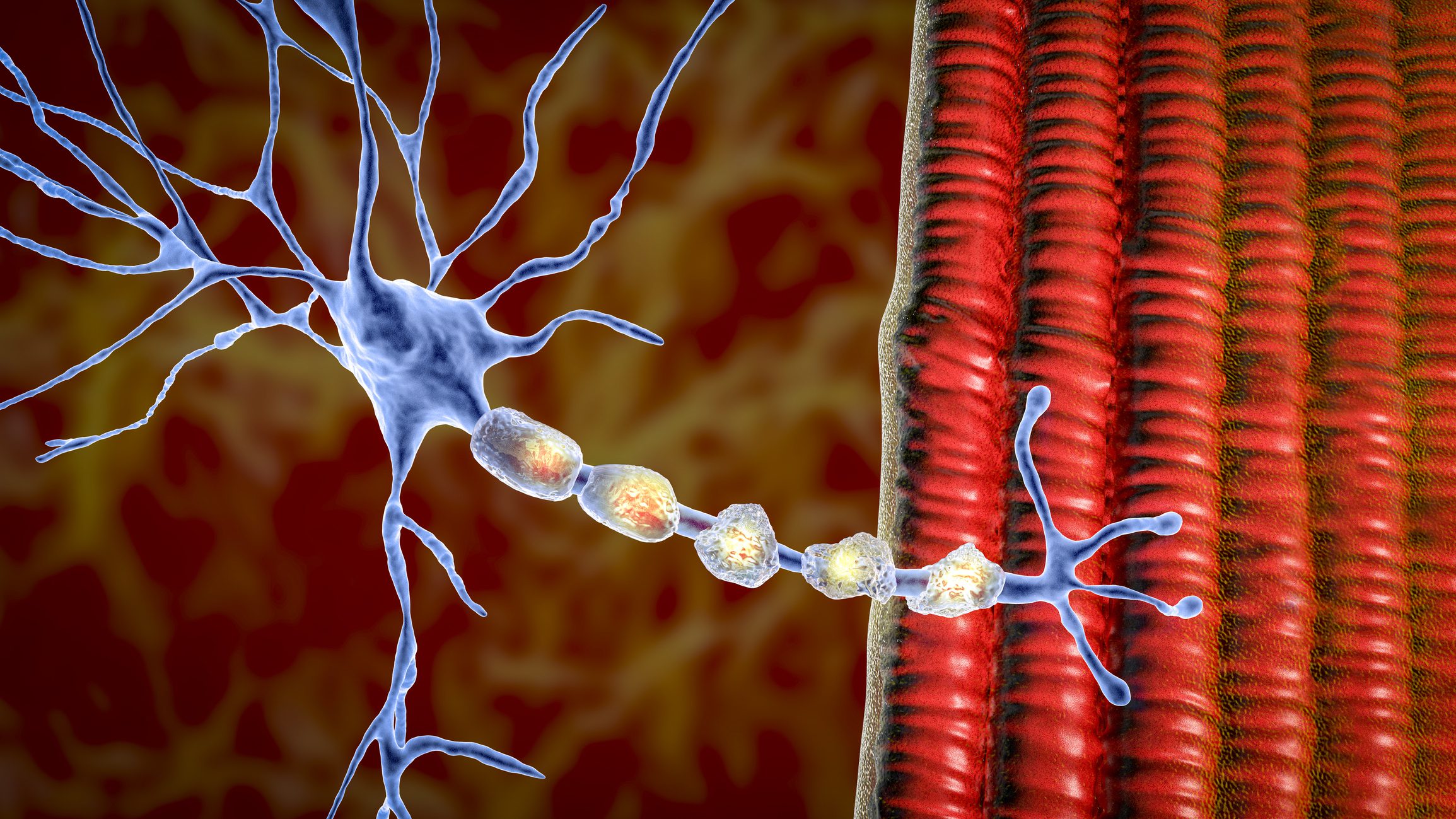Amyotrophic lateral sclerosis (ALS) is a rapidly progressing, as yet incurable neurodegenerative disease that poses considerable medical, therapeutic and social challenges. Despite its comparatively low prevalence, ALS represents a central issue in neurological research due to its complexity and severity. New findings on molecular pathogenesis, the role of genetic factors and the development of innovative therapeutic strategies open up promising prospects for diagnosis, treatment and care.
Autoren
- Tanja Schliebe
Publikation
- InFo NEUROLOGIE & PSYCHIATRIE
Related Topics
You May Also Like
- From symptom to diagnosis
Abdominal pain – Sprue
- Case Report
76-year-old patient with pustular skin rash
- Sponsored Content: Psoriasis
Dauerhafte Erscheinungsfreiheit auch bei betroffenen speziellen Hautarealen
- Antithymocyte globulin in children with T1D
Old medicine, new hope
- Ginkgo biloba
Database of preclinical and clinical studies is becoming increasingly larger
- Digital biomarkers
Continuous monitoring using digital biomarkers in MS care
- Benefits, limits and safety aspects
Phytotherapy for cardiovascular diseases
- Results of the FOREST HCM study











